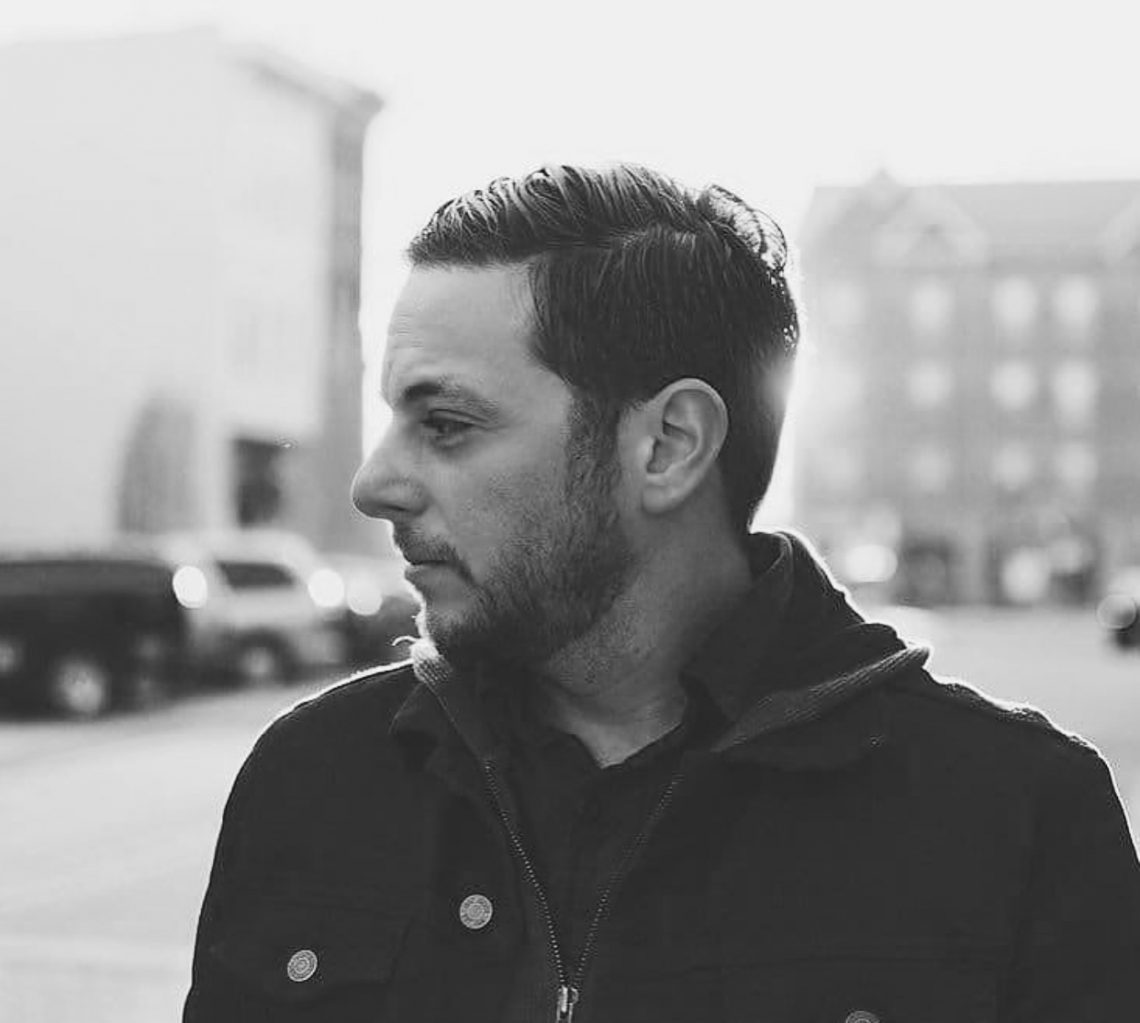I’m going to start by assuming that we’ve all heard this phrase at least once in our lives. It is generally understood to mean that not everyone has the same idea about what is attractive or beautiful, and the person who is doing the observing ultimately gets to decide for themselves if what they are observing has beauty. When taken as a truth, the implications are actually staggering. Do we really have the final say in what is worthy of a second look and what can be tossed aside and forgotten? If so, how far does this jurisdiction go? And what happens when two people (or groups of people) disagree? Does our opinion matter only on things we’re considered an expert on or only things we’re passionate about or does it apply to anything we decide to grace with our acknowledgement? Does it apply to people?
If this is true (or treated as truth) it has the potential to create a lot of very big problems.
But what if it just isn’t true? What if the beauty that a thing possesses actually exists quite independently from whether or not anyone actually sees or appreciates it? What if it doesn’t need our opinion to validate it at all? Isn’t it possible for beauty to be waiting somewhere, as of this moment still undiscovered, yet present and real all the same? Maybe this undiscovered beauty is in some far reaching, remote corner of the rainforest or hidden at the bottom of the ocean. Then again, maybe it’s right under our nose. What if we actually pass by it every single day? Is that possible?
What if everything has beauty?
If we were to walk through life with that mantra in our hearts, “Everything has beauty!” It would change everything. Now we’re assuming that the universe has something new to share with us right where we are, something of value. We’re going through our day expecting it. It becomes a joy to engage with the things and people around us because we are always searching for the beauty in new and unexpected places. But would we actually find it?
There is an ancient poem about the beginning of everything that most, if not all of you, are familiar with:
“In the beginning God created the heavens and the earth.
Now the earth was formless and empty,
darkness was over the surface of the deep,
and the spirit of God was hovering over the waters.
And God said, “Let there be light.” and there was light.
God saw that the light was good…”
This is, of course, the ancient Hebrew creation story. The creation story of not only the Jewish tradition, but the Christian and Muslim traditions as well. And in this creation story, God sees a specific need for something, speaks what is needed into existence, and then affirms its goodness. This is a pattern that continues five more times as God creates what is essentially our entire universe; everything we will ever see, touch, or experience. Periodically he takes a minute to step back, take a look, and see that “It is good.”
This is a story about a God who creates with artistry and purpose, a God who looks at his work (all of his work) and likes what he sees. And the grand finale at the end? Humanity, of course. You and I. And when God created you the same pattern was applied. God saw a need for you, so he spoke you into existence, and then affirmed your goodness. That’s how your story starts. As the great Sunni mystic, Al-Ghazali puts it:
“Know, O beloved, that man was not created in jest or at random, but marvellously made and for some great end.”
This creation story takes us miles and miles away from “Beauty is in the eye of the beholder.” It not only affirms the hidden beauties in our surroundings but also the hidden beauties in ourselves. We don’t need validation from anyone in order to affirm the beauty within us because our existence has been validated since the very beginning. And when we learn to understand and affirm the beauty in ourselves, we can begin to understand and affirm the beauty in others.
Which is where things usually start to get dicey. Right?
Because it’s easy to say “everything has beauty” about the ocean and the night sky. About plants and trees and birds and fish. What about annoying co-workers and self-absorbed exes? What about ruthless dictators? School shooters?
Everything has beauty? Really?
Why stop there? What about failure? What about loneliness? What about heartache? What about death? Where is the beauty there?
These are questions that I, unfortunately, can’t answer. They are part of the journey and the journey is long and difficult. As people we have the ability to make our own choices, and the consequences of those choices affect not only ourselves but others, for better or for worse. So not everything that happens is necessarily a part of God’s plan.
Despite all that, can God cause beauty to grow out of the worst things that life has to offer? Think back to the events in your own life that have really shaped you into the person that you are today. Especially the ones that have expanded your heart; taught you to be more loving, more forgiving or less selfish.
“Life is so generous a giver, but we, judging its gifts by the covering, cast them away as ugly, or heavy or hard. Remove the covering and you will find beneath it a living splendor, woven of love, by wisdom, with power.
Welcome it, grasp it, touch the angel’s hand that brings it to you. Everything we call a trial, a sorrow, or a duty, believe me, that angel’s hand is there, the gift is there, and the wonder of an overshadowing presence. Our joys, too, be not content with them as joys. They, too, conceal diviner gifts.
Life is so full of meaning and purpose, so full of beauty – beneath its covering – that you will find earth but cloaks your heaven.”
- Fra Giovanni Giocondo
I truly believe that there is beauty peeking out from behind every situation, every circumstance, and every person. Not even tragedy and sorrow are exceptions. Even they have a unique way of opening our eyes to deeper truths. “Earth but cloaks your heaven.” We will find it when we choose to look for it, and when we do find it we should affirm it, and share it with others. This is the all-important final step and easily the most rewarding. We get to help others see what we have seen. Just like the poets and artists, we too get to point, like tour guides, at the infinite joys lying just below the surface of everyday life.
*Nicholas Rowe is our friend, producer, and an incredible musician. For more of Nick’s work go here: Twitter: @_nicholasrowe_ Instagram: @_nicholasrowe_ Facebook: @nicholasrowemusic



